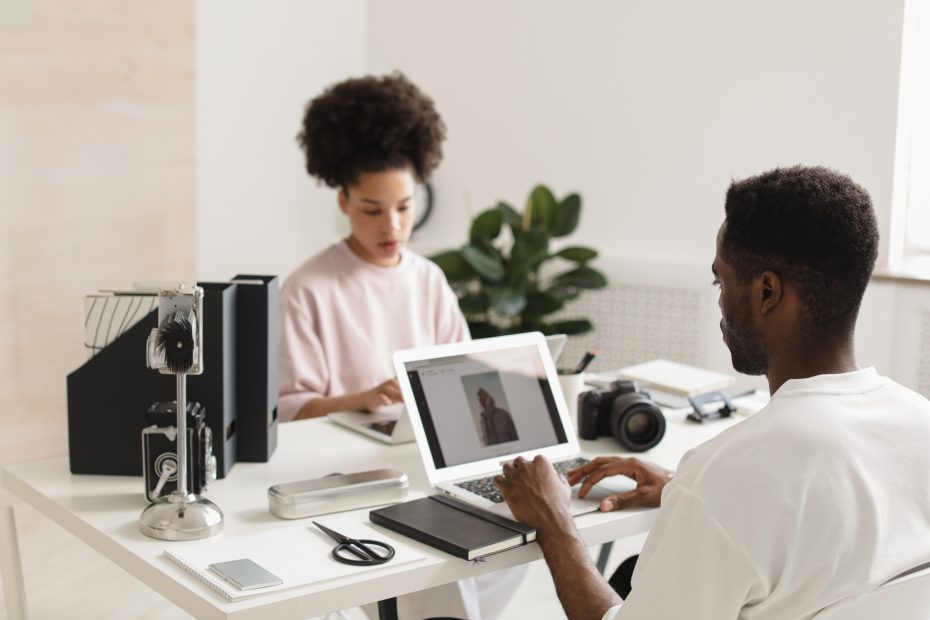Music licensing for creators involves obtaining permission to use someone else’s music in your creative work, such as a video, podcast, or other content. There are several different types of music licenses available, depending on how you plan to use the music and what rights you need.
Here are some of the most common types of music licenses for creators:
Public Performance License: This type of license allows you to play music in a public setting, such as in a restaurant, bar, or at an event.
Sync License: A sync license allows you to use music in a film, TV show, or other video content. This type of license typically involves more rights than a public performance license, as it allows you to synchronize the music with other visual elements in your content.
Mechanical License: A mechanical license is needed when you plan to reproduce someone else’s music in a physical or digital format, such as when creating a cover version of a song or including a sample in your music.
Master License: This type of license is needed when you plan to use a specific recording of a song, rather than just the composition. This typically involves obtaining permission from the owner of the sound recording, which may be different from the owner of the composition.
Creators can obtain music licenses from various sources, including music publishers, record labels, and online music libraries. Some popular online music libraries that offer affordable music licenses for creators include Motion Elements, Pond5, Epidemic Sound, Artlist, and other libraries.
It’s important for creators to carefully read and understand the terms and conditions of the music license agreements, as well as to properly attribute the music used in their projects. By obtaining proper music licenses, creators can ensure that their work is legally protected and avoid any potential legal issues.
